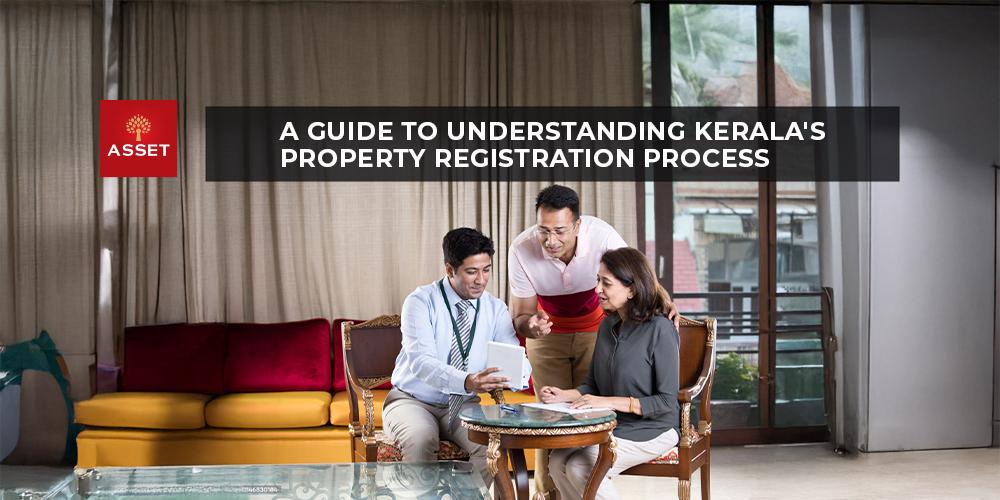A Guide to Understanding Kerala’s Property Registration Process
21 December 2024

Property registration is an important part of the property purchase process. It is proof of the property transfer from the seller to the buyer acknowledged by the government. The registration records stay with the registrar’s office and prove that the owner owns the said property with all the details about the property including the price paid.
This blog explains the steps involved in the property registration process in Kerala.
1. Preliminary Steps
a. Identify The Property:
This step is the first step is to identify the property, location, ownership details, and legal status. This usually follows the decision to buy the property at a fixed price between the buyer and seller.
b. Legal Advice:
The next step is to consult a legal advisor and make sure there are no legal issues and that all the papers are valid.
c. Encumbrance Certificate:
The Encumbrance Certificate provides information about the property’s outstanding dues like property tax in Kerala, debts, loans or legal claims against the property. It must be obtained from the Sub Registrar’s office before proceeding with the registration.
2. Agreement and Documentation
a. Sale Agreement:
A detailed sale agreement is drafted with the seller, specifying terms of sale, property details, advance payment, possession date, and other relevant clauses. This is a standard document specified by the registration office and is usually available with your property or legal advisor. The fine print should be verified thoroughly and vetted by an expert.
b. Document Collection:
All vital documents like ownership documents, property tax receipts, identity proofs of buyer and seller, and any required NOCs should be collected. These are important documents that the owner should preserve carefully.
3. Registration Process
a. Stamp Duty:
To buy property in Kerala, the buyer must pay stamp duty to the government. The prevalent stamp duty in Kerala is 8% of the property value. The buyer should have this amount ready before the registration process.
b. Registration and Payment:
The stamp duty registration in Kerala is done at the relevant sub-registrar’s office. The buyer and seller prepare and vet the sale deed with their advisors. The sale deed, original documents, and fees are carried to the registrar’s office. The deed is signed by both parties in the presence of a witness and the fees are paid. The sale deed is registered, and the copies are given to both the parties.
This completes the property registration process for property in Kerala.
Important documents required during the registration process are listed below:
1. Title Deeds
2. Encumbrance Certificate
3. Sale Agreement
4. Identity Proofs – Aadhar Card or PAN card of the buyer and seller
5. Property Tax receipts
6. NOCs – No Objection Certificates from relevant authorities
All the steps explained above are important as none of them can be missed. By following these steps one can complete their property registration process smoothly.









